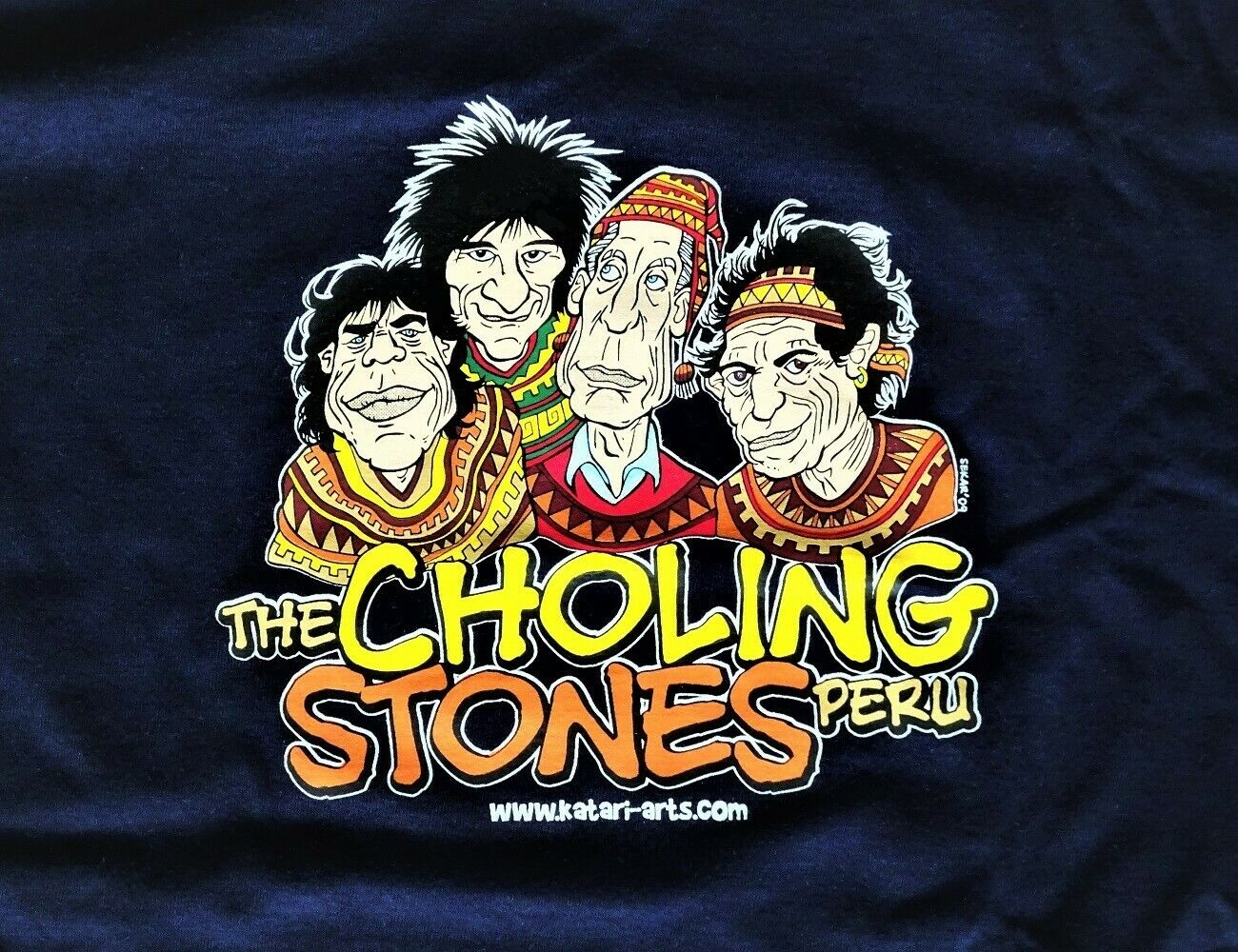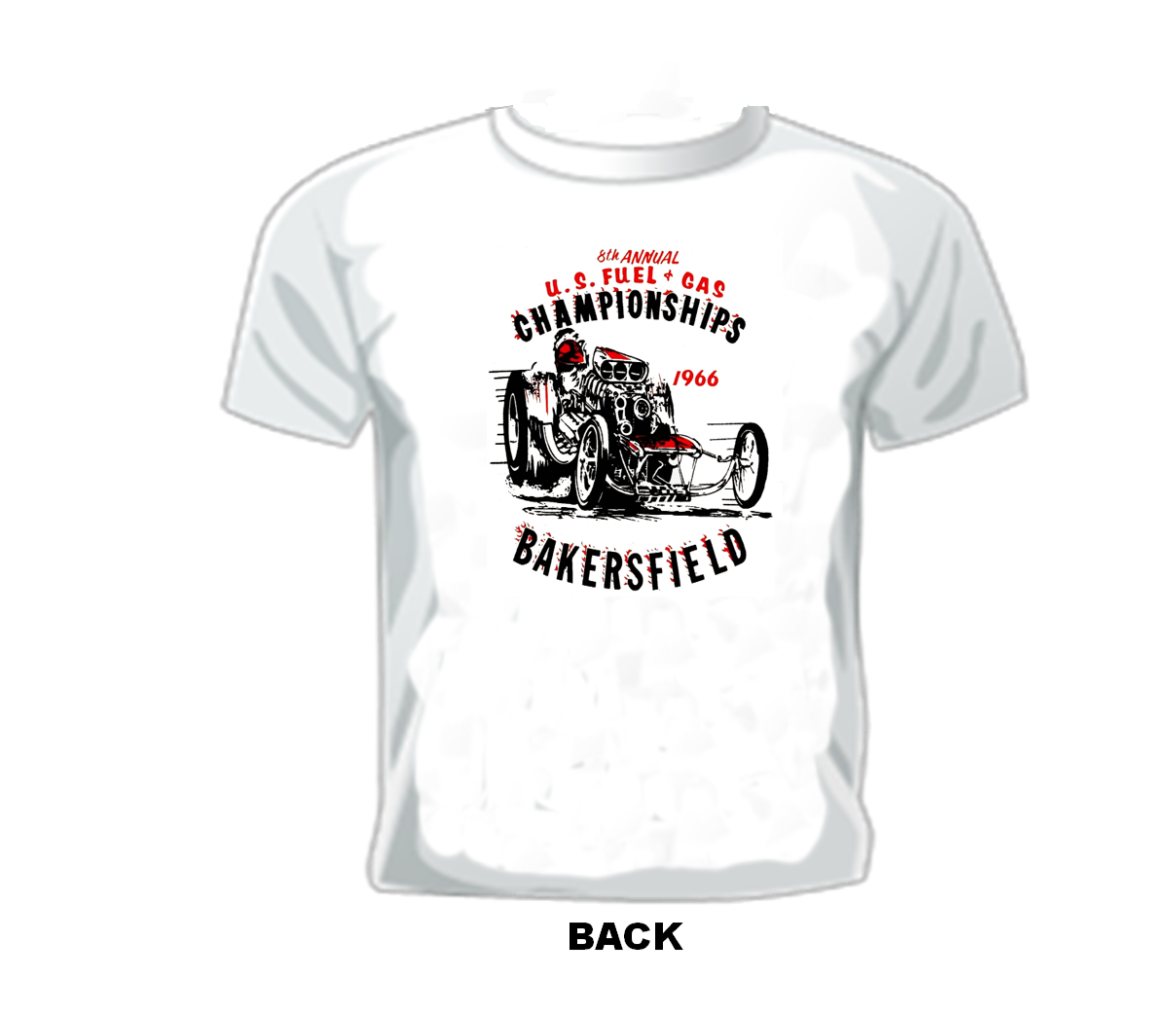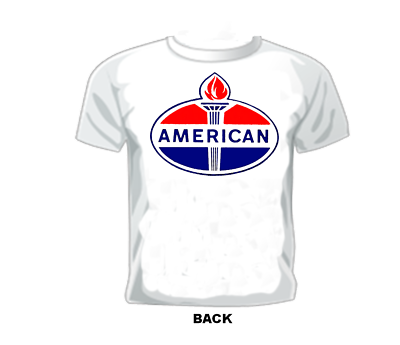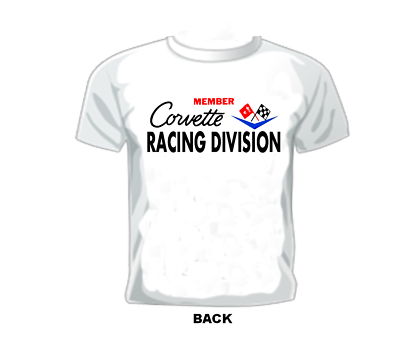-40%
THE ROLLING STONES 2009 - 2-Sided XL T-shirt - The Choling Stones - Lima, Peru
$ 64.67
- Description
- Size Guide
Description
Up for sale today is:THE ROLLING STONES -
Extra Large - short sleeve tee
The Choling Stones - Lima, Peru - 2009
Armpit to armpit: 23½”
Collar to bottom of shirt: 29”
·
Unused - Never Worn /Never Washed
·
We recommend that you compare the measurements listed, to the dimensions of a shirt you like the fit of, to determine if ours is suitable for you. All measurements are taken with your garment, face down, flat on a table.
·
Your item will be delivered in the condition shown- Utilize our snapshots to make your determination of this t-shirt’s fitness as this is the one, you’ll receive. Please keep in mind that you are purchasing a vintage collectible.
·
We ship every business day with USPS Priority Mail, with INSURANCE, including a delivery confirmation number which you will receive. Your order will be mailed within 3 business days of your payment. All Sales are Final - No Returns - Contact us with any questions prior to purchase.
About the shirt, and the event
:
First, the
Chullo
(not to be confused with Cholo, which I will attempt to explain below), the iconic hat, worn by Rolling Stone drummer, Charlie Watts (in the t-shirt’s caricature illustration), is one of the most representative and time-honored hats of the Andes (the mountainous region of Peru, as well as Bolivia, Chile, Colombia, Ecuador, and Venezuela).
In fact, the colorfully patterned, traditional attire that Mick, Keith, Ronnie and Charlie are clothed in, are what you’d find inhabitants of these provinces typically donning. Ordinarily, these garments are made by hand with alpaca, llama, or sheep wool fibers. One of the most surprising facts about Peru is that these customary hats have been used for thousands of years in these highlands.
Now,
Cholo
, is something completely different.
Cholo is a loosely defined Spanish term that has had various meanings. Its origin is a somewhat derogatory term for people of mixed-blood heritage in the Spanish Empire and in Latin America, as part the informal ranking of society by one’s birthright. Nowadays, Cholo no longer necessarily refers only to ethnic heritage and is not always meant negatively.
In the 21st century, a cholo is stereotypically male, depicted as wearing loose fitting pants or shorts, with white knee-high socks, creased jeans, white tank top undershirt, and button-front shirts, commonly plaid and flannel, often with just the top button buttoned.
Some cholos, particularly older cholos, wishing to adopt a more old-school look, wear formalwear inspired by zoot suit fashion, including dress shirts with suspenders, but may still retain cholo elements such as a bandana or hair net.
In any case, notable Peruvian artist
Sekar
, (who has created quite a number of caricatures, of other famed pop culture and bona fide celebrities) reimagined our Rolling Stones as tunic wearing Peruano Cholos (Peruanos- Spanish for Peruvians), in his 2009 cartoon of the World's Greatest Rock & Roll Band. Sekar re-branded the boys as local sexagenarians, calling them, affectionately, The Choling Stones.
What’s truly fascinating is that while The Stones had never performed in Peru, they have a big fan base in Lima—many here adore them. Purchased as a gift to me, in Lima in 2009, this t-shirt, with its ‘cholo’ design, was merely a novelty then. But when The Stones finally came to Lima, for the first time, on March 6th, 2016, and took the stage at Estadio Monumental stadium, this tee was a huge seller. Reprinted as an oh-so-popular tour shirt, commemorating this long-awaited show in Peru, the Cholo tee was a sell-out.
This one is an original, from 2009.
Finally, ‘
Algodón
’ is the Spanish word for cotton. The G. barbadense species of cotton that originated in Peru and was cultivated as early as 4200 BC is called Algodón pais (‘country cotton’)—a variety of native cotton growing in northern Peru that comes in various natural shades. It produces cotton with long, thick fibers that are ideal for soft-spun yarns. It is the only cotton that produces a range of natural colors, that will not fade with washing or from exposure to sunlight.
















